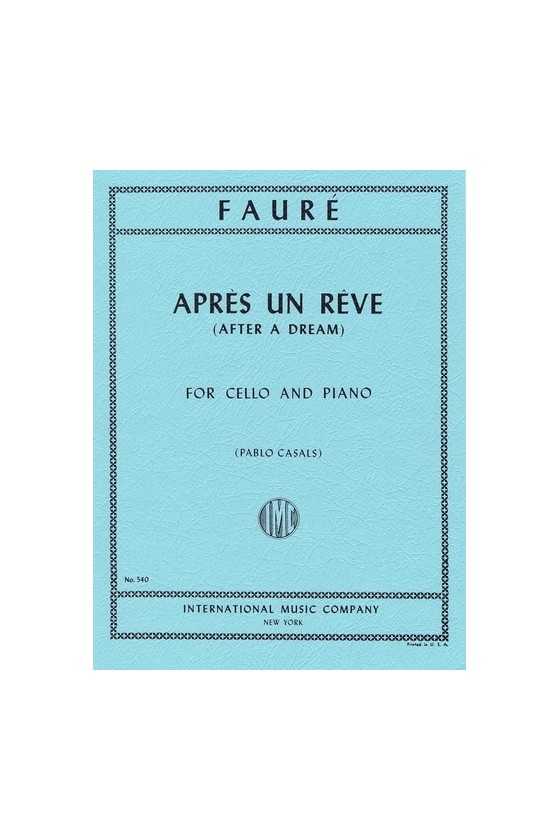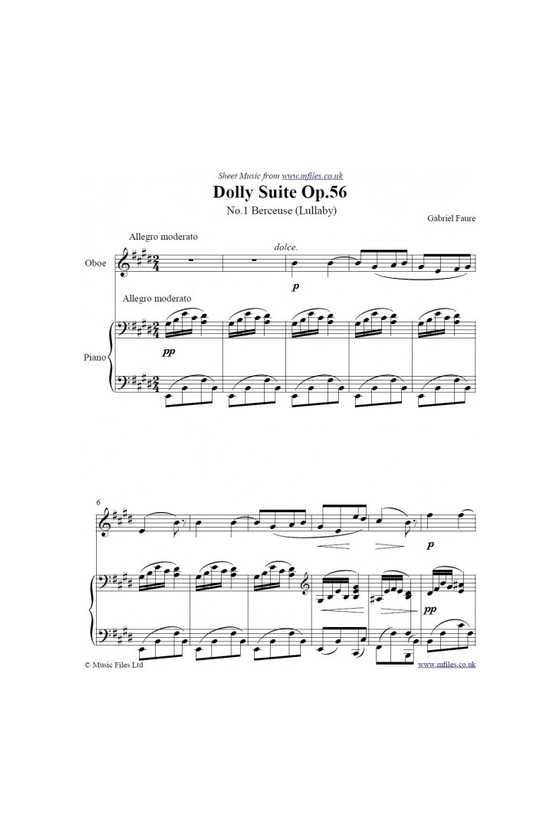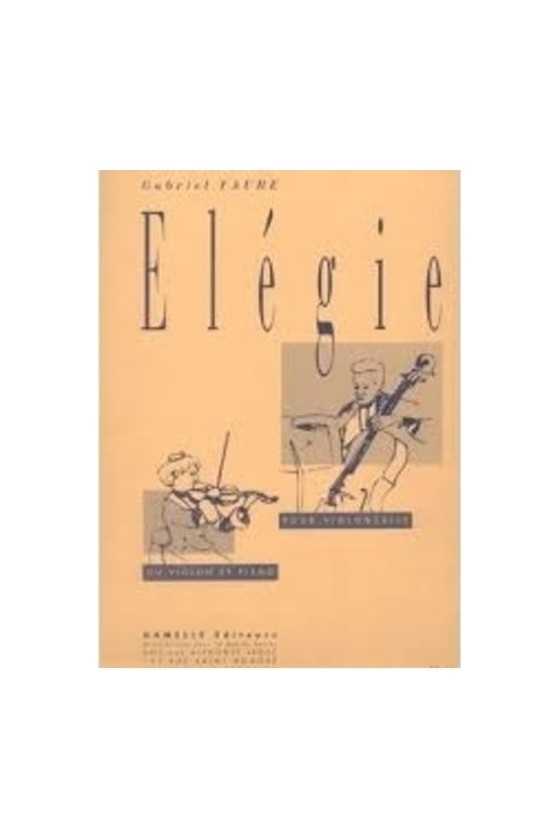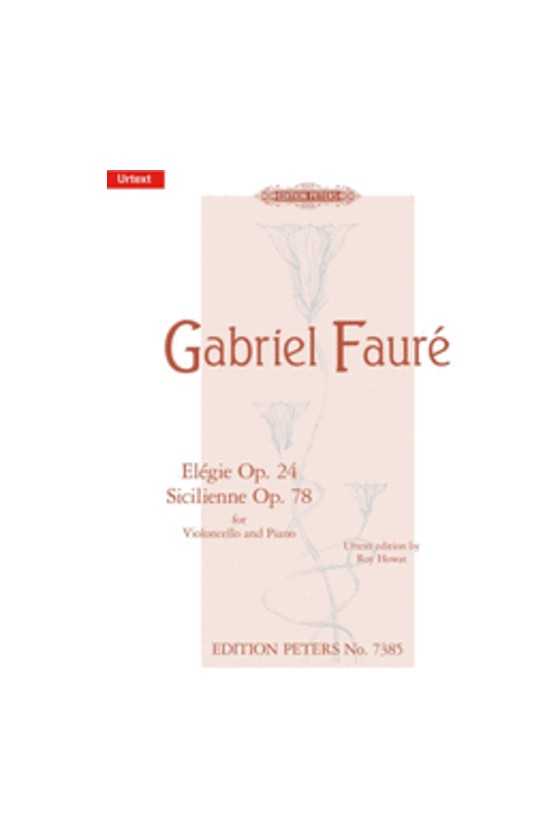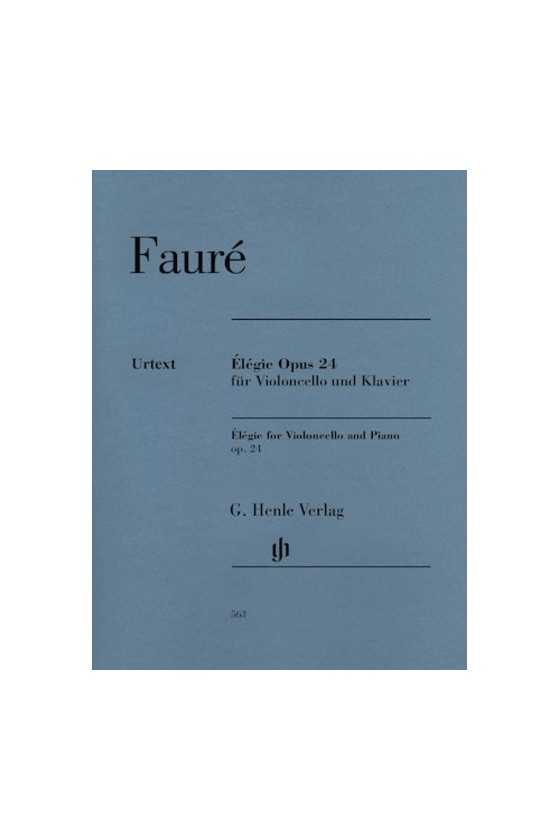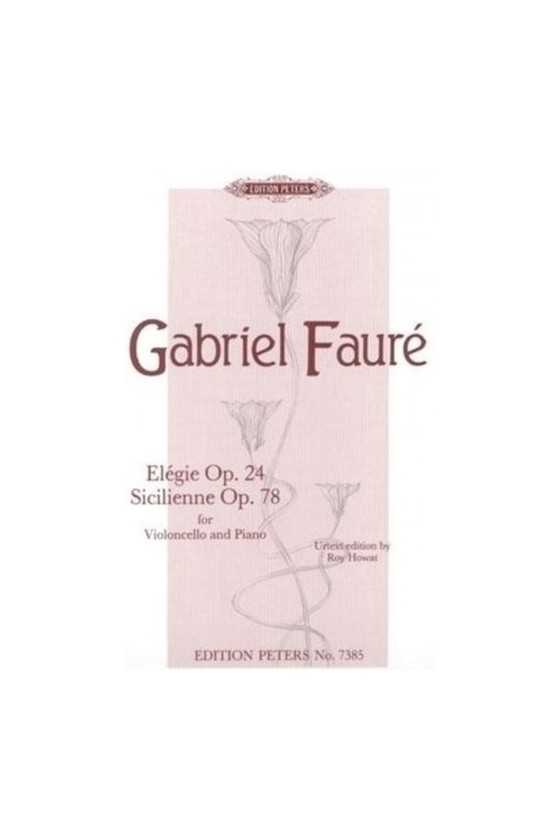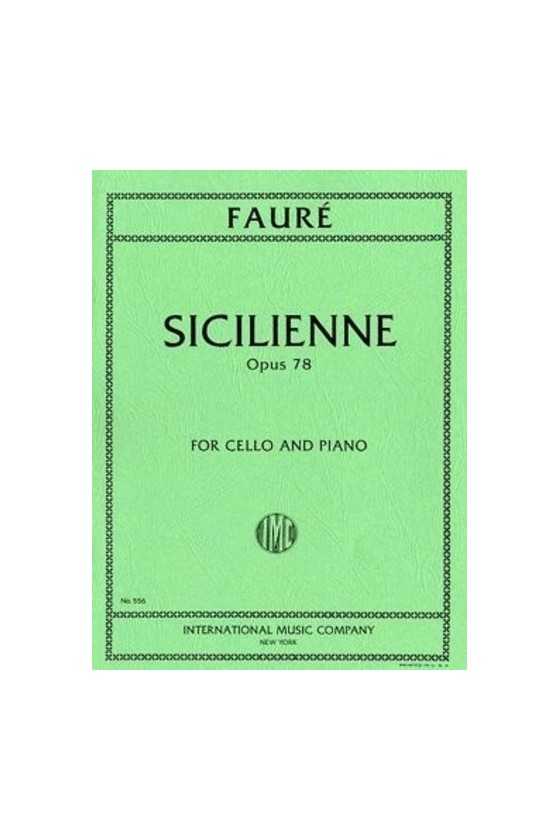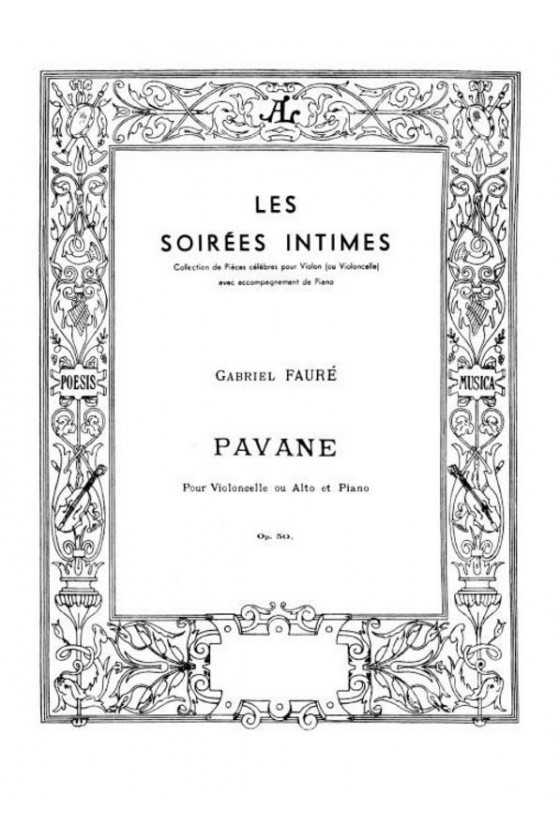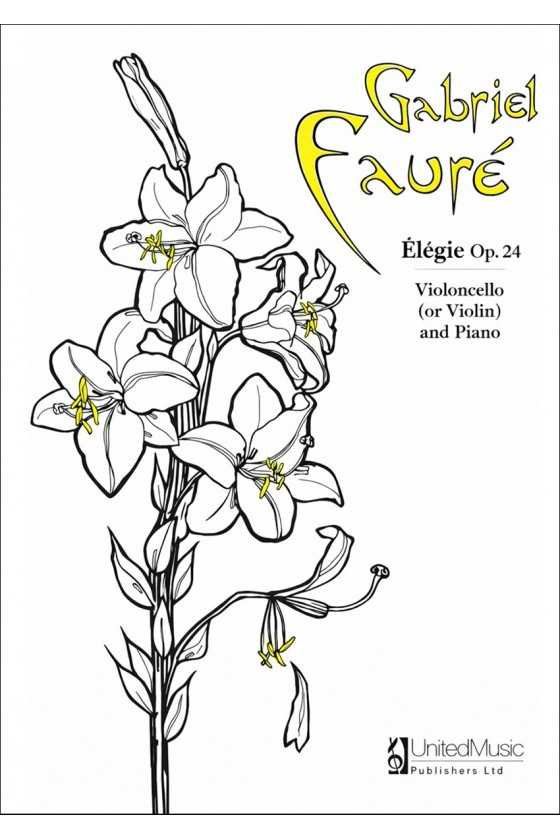Faure, Gabriel-Urbain
A French composer, Gabriel-Urbain Faure is known for his beautiful compositions that continue to captivate audiences worldwide. But there's more to this composer than just his music. Through his work, we can explore the personal experiences that shaped his life and work.
Gabriel-Urbain Faure's Early Life and Musical Journey
Gabriel-Urbain Faure was born on May 12, 1845, in Pamiers, a small town in southern France. He was the youngest of six children and showed an early interest in music. His father, Toussaint Faure, was a school principal who also played the violin, while his mother, Marie-Antoinette-Helene Lalanne, was a gifted pianist. Faure's parents recognized his musical talents and encouraged him to pursue his passion.
Faure began studying music at nine and showed remarkable progress in his musical studies. He studied piano and harmony with some of the best teachers in Paris, including Camille Saint-Saens and Jules Massenet. In 1861, Faure was admitted to the Paris Conservatory, where he studied composition with Niedermeyer and piano with Antoine Francois Marmontel. He graduated with honors in 1865, winning the prestigious Prix de Rome for his cantata "Herodias."
The romantic style of composers such as Schumann and Chopin heavily influenced Faure's early compositions. However, he soon developed his unique style, characterized by its clarity, elegance, and subtle harmonies. Faure's music reflects his love for nature, and many of his compositions are inspired by the beauty of the French countryside.
Faure's Contribution to French Music
Faure's contribution to French music is significant. He was a French Academy of Fine Arts member and served as director of the Paris Conservatory from 1905 to 1920. Faure was also a prolific composer, producing various works, including chamber music, songs, choral pieces, and operas. His music is known for its beauty, emotional depth, and technical brilliance.
One of Faure's most significant contributions to French music was his role in developing the French art song. He wrote more than 100 songs, many considered masterpieces of the genre. Faure's songs are characterized by their simple, understated melodies and emotional depth. In addition, his music reflects his deep love for poetry, and many of his songs are set to the works of French poets such as Verlaine and Baudelaire.
Faure's influence can also be seen in the works of other French composers, such as Debussy and Ravel. In addition, his music paved the way for the development of impressionism, a style characterized by its use of subtle harmonies and tonal ambiguity. Faure's legacy continues to influence musicians and composers around the world.
Famous Compositions by Faure
Faure's most famous compositions include his Requiem, Pavane, and Nocturnes. His Requiem, written in 1887, is one of his most beloved works. It is a profoundly emotional piece reflecting Faure's spiritual beliefs and love for poetry. Its simple melodies, rich harmonies, and delicate orchestrations characterize the work.
The Pavane, written in 1887, is another of Faure's most famous works. It is a slow, stately dance that is often performed at weddings and other formal occasions. The Pavane is characterized by its simple, repeating melody and its lush, romantic harmonies.
Faure's Nocturnes is a series of three works written for piano and chamber ensemble. They are characterized by their delicate, shimmering textures and their use of subtle harmonies. The Nocturnes are considered some of Faure's most beautiful compositions, and they continue to be popular with audiences around the world.
Conclusion
Gabriel-Urbain Faure was a gifted composer who left an indelible mark on French music. His soulful melodies, romantic harmonies, and emotional depth continue to captivate audiences worldwide. In addition, Faure's music reflects his love for nature, poetry, and the French countryside. Through his work, we can explore the personal experiences that shaped his life and legacy. Faure's contributions to French music are significant, and his influence continues to be felt in the works of musicians and composers worldwide. So next time you listen to Faure's music, take a moment to appreciate this remarkable composer's soulful melodies and life story.
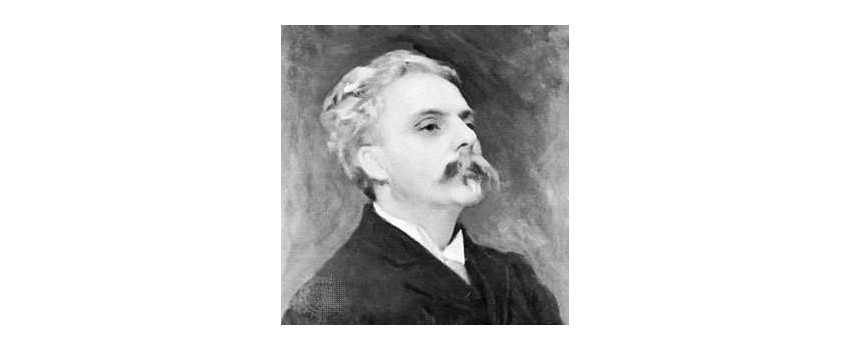
Faure, Apres Un Reve (After A Dream) For Cello (IMC)
Faure, Apres un Reve (After a Dream) for Cello (IMC)
Faure, Berceuse From 'The Dolly Suite' For Cello Opus 56 (Fentone)
Faure, Berceuse from 'The Dolly Suite' for Cello Opus 56 (Fentone)
Faure, Elegie Op. 24 & Sicilienne Op. 78 For Cello (Peters)
Faure, Elegie Op. 24 & Sicilienne Op. 78 for Cello (Peters)
Faure, Elegie Opus 24 For Cello And Piano
Faure, Elegie Opus 24 for cello and Piano ( Henle)
Faure, G. Elegie Op. 24 Sicilienne Op. 78 For Cello And Piano. Edition Peters No. 7385
Faure, G. Elegie Op. 24 and Sicilienne Op. 78 for cello and piano. Edition Peters No. 7385. Urtext edition by Roy Howart.
Cello & Piano II Compiled By Pejtsik (EMB)
Faure, G. Elegie Op.24 for Cello (or Violin) and Piano
A powerful Romantic work by Gabriel Fauré, Élégie, Op. 24 moves from somber lyricism to dramatic intensity before returning to its mournful theme. Suitable for cello or violin with piano, this United Music edition presents one of Fauré’s most emotional masterpieces.
Key Features:
• Iconic Romantic elegy
• Originally for cello, also suitable for violin
• Lyrical and dramatically intense
• Ideal for recital performance
• United Music Publishers Ltd edition


